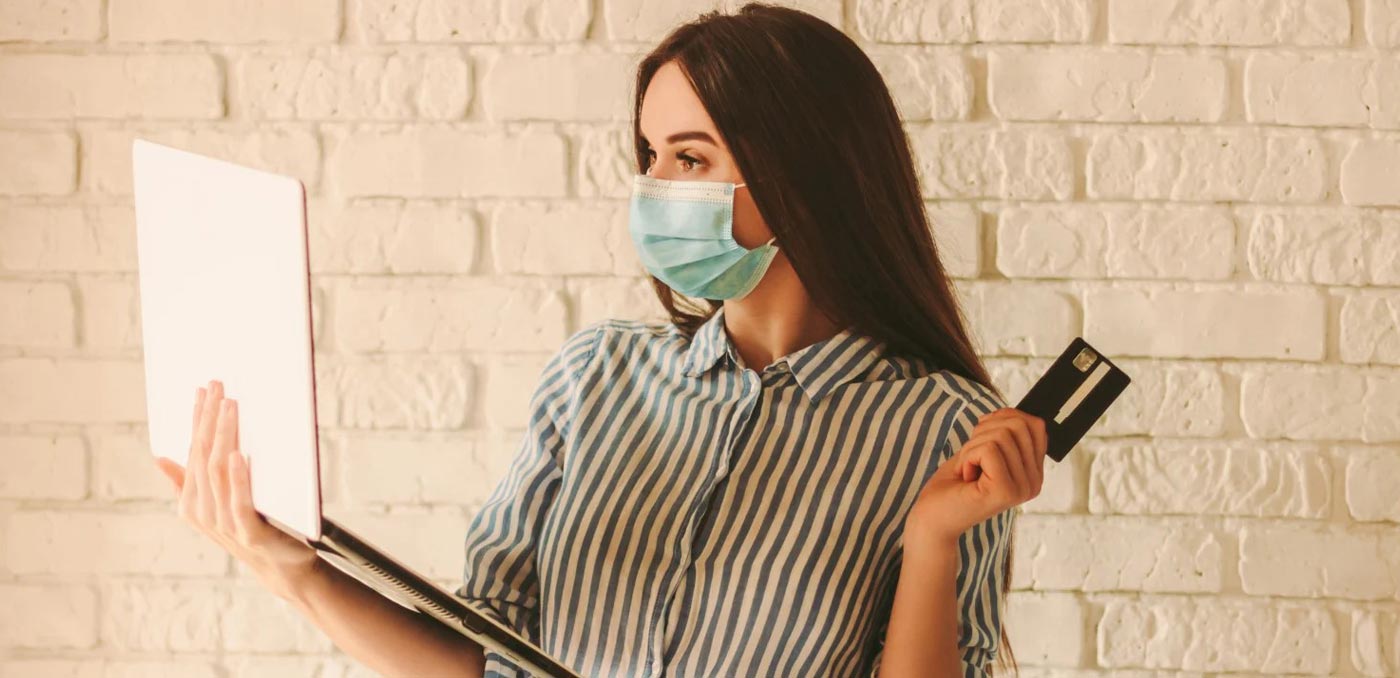2020 has been a weird year so far for everyone. This is in no small way due to the effects of covid-19. We were never truly prepared to face the adverse effects of coronavirus. Medically, socially, physically, and economically, coronavirus has shown us a dimension of existence that we have only seen in movies.
The lockdown and social distancing guidelines are an incredibly strange experience for us as a society. We all know that human interaction drives the engine of our society, and the lack of physical interaction has caused a disruption in the way we do things.
Before everything changed, we all had a functional society where physical interaction was needed in our everyday lives, business, trading, and work. Not many could foresee the sudden disruption that coronavirus brought with it, and so, not many evolved their businesses to focus on the digital market. We can only look back and rue the chances we have missed by handling the digital space with less seriousness.
While we can now say that the whole world is adapting to this new reality, the way consumer behavior has evolved is arguably the least we should be concerned about as a society. But for businesses and entrepreneurs, it is the most important thing to know to create a marketing strategy for the future. Companies have been affected by changes in consumer behavior. Some have lost their footing, while some have only seen positive effects. Without careful planning, it will be easy to miss the opportunities covid-19 has exposed for entrepreneurs to leverage for their business.
Like the saying usually goes, "the devil is in the details." That means we need to take a more in-depth look at the changes in consumer behavior to understand how to leverage the arising opportunities to better the future of our economy. From our research, below are a few things we can say about covid-19 and consumer behavior.
- There was a noticeable rise in the demand for necessities at the advent of the lockdown and social distancing restrictions. The need for commodities like groceries, edibles, toiletries, and soap shot through the roof for a while.
Several stores had to establish rules and punitive policies to discourage hoarding and combat the hysteria that came with the lockdown announcement.
However, the lockdown affected physical buying and selling to an extent where several stores had to close down permanently. This was also not helped by the looting that plagued some areas of the world, especially in the USA.
The recovery process for stores selling physical products is expected to be as protracted as possible in the future.
- Covid-19 safety guidelines and restrictions included travel bans and bans on social gatherings. That meant the closure of airports, restaurants, shops, cinemas, and other recreation centers. The restrictions resulted in a sharp decline in the amount of money spent in the tourism industry and other luxury industries. Hotels, airports, restaurants, and bars were affected.
The US's travel industry reported an 81% decline in consumer spending between April and May 2020. In monetary terms, the travel industry registered a loss of half a billion dollars.
As a result, the decline in travel and other physical interactions has caused the use of virtual reality technology to rise, especially in replicating the real feeling of tourism without actually traveling. This points to the shift of focus from traditional activities to a digital representation.
- Many companies had to close down during the lockdown, directly affecting many people who worked for daily or weekly wages. This situation caused a limit to how much money people were willing to spend. It also meant that a lot more people cut their spending on fashion and luxury items.
- The entertainment industry saw mixed results due to the effects of the restrictions. For one, the offline entertainment sphere was severely affected. Cinemas, theatres, and concerts had to be closed down to contain the spread of coronavirus.

This saw lots of movie releases pushed back, and the few movies that decided to proceed with their schedule performed rather woefully. People are still sceptical about going to a cinema to see a movie when they could see the same movie online. Most cinemas that have reopened have recorded consistently low turnouts.
However, this situation does not hold for the digital aspect of the entertainment industry. A study shows that consumers spent more on online entertainment during the lockdown than before. This is logical because, with everyone cooped up in their homes with all the time in the world, a source of entertainment couldn't be a bad idea.
- Due to the inability to get out of the house, most people started to use social media. People found ways to connect online, and several communities sprang up during the lockdown period.
Seminars were replaced with webinars, conference meetings with online conference meetings, we saw institutions organize virtual graduation events, traditional work arrangements were replaced with remote work arrangements. All these instances are pointing to a shift from physical interaction to digital interaction.
Consumers were also more likely to buy products and services online. Due to the focus placed on the internet, more people finally adopted digital marketing strategies for their businesses to reach more consumers online.
There are many more instances to show how coronavirus has changed the game and caused more business activities to happen online. Remote work and e-commerce businesses are expected to thrive while it takes traditional companies and businesses some time to recover from covid-19.
The best action plan for the future is to take full advantage of emerging opportunities. Entrepreneurs must see the need to evolve and create marketing strategies to exploit the digital world to its fullest potential.






